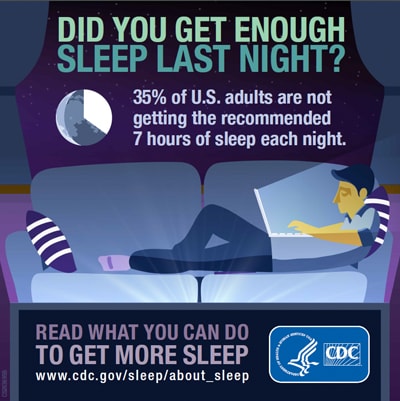With the stress of a busy day and a busy life, everyone could always use a break. Everyone takes a nap once in awhile. For college students, parties and late-night study sessions will throw off student’s sleep schedules, causing them to barely make it through their next day’s classes before going back to their dorm to take a nap. But, do these naps account for the hours of sleep lost? How does this lack of sleep affect the way we learn in the classroom and perform outside of the classroom? Will coffee do the trick? Let’s find out.
According to the American Psychological Association, a study performed by a University of Michigan student, Jennifer Goldschmied, proved that naps can decrease irritation and rashness, or the likelihood to do something unusual without thinking. These often take place when people are grumpy and sleep deprived. In this study, 40 people were randomly allocated into two groups: nappers and non-nappers. The nappers would nap for an hour during the day and the non-nappers would not take a nap that day. After the day, all people from both groups were tested in order to find out if naps improved a person’s condition. So, how would this affect a college student? This study would be more relatable to college students if the focus and concentration of the subjects was tested at the conclusion. Also, variables such as age and time of the naps could have also affected the study.
So, how much sleep is enough sleep?
According to the CDC in the image below, adults are urged sleep at least 7 hours a night. Of course, this depends on many factors, including someone’s job and workload, but I know that with 7 hours of sleep a night I still do not feel rested after a long day. In order to compensate for what feels like a never ending day, most students and adults will turn to caffeine in order to get them through their day.
In order to see how caffeine affects sleep, there was a study performed to see that randomized patients and gave half a placebo pill and half a caffeine pill in order to see if or how sleep was affected. The study concluded with information that caffeine will affect the quality and quantity of your sleep, even if consumed in the afternoon long before bed.
So, an occasional morning cup of coffee is okay if you want to start your day. It isn’t a secret that most people, including college students cannot start their day without coffee or their day hasn’t begun until they drink coffee. If you are someone who knows that you cannot go a day without coffee, then try to leave it to the morning. Since coffee consumed at any point in the day will affect your sleep for that night, it is best to consume it as far from this time as possible, in order to make the most out of the much needed sleep.
Image citation:
http://www.cdc.gov/media/images/releases/2016/p0215-enough-sleep.jpg

I am an avid coffee drinker, and I previously thought that drinking coffee early in the morning would lessen insomnia as a result. However since arriving at college, I have been consuming extra caffeine than I did at home. As a result, I have been having trouble falling asleep before 1 am and staying asleep. I definitely think caffeine is the culprit. The National Sleep Foundation explains this further.
Caffeine and Sleep
I also love starting my day with a cup of coffee. Some people say that the caffeine works for them for a long time which makes them hard to sleep at night. However, that’s not the case for me. I drink coffee when I’m feeling sleepy, but sometimes I still fall asleep after that. So I’m kind of interesting that if caffeine works for everyone.I find my answer to this question from this site.
http://www.paleohacks.com/caffeine/why-does-caffeine-not-affect-certain-people-23500
As a former coffee drinker, I can definitely relate to this post. Drinking coffee used to negatively effect my sleep all the time until I recently stopped. I noticed that when I took a day off from coffee, I had a much deeper more satisfying sleep. I hope that there is soon advancements so that they have the same effect as coffee minus the side effects. Heres a link for why so many people enjoy coffee: https://www.psychologytoday.com/blog/your-brain-food/201110/why-does-coffee-make-us-feel-so-good
I’m surprised that you seem to have better sleep when you don’t drink coffee. Since it has the caffeine in it, most people begin to rely on that and get addicted to the caffeine. The link below explains more about caffeine withdrawals and one of the symptoms includes not being able to get a good night’s sleep. Although, it also mentions that people become very tired, yet they have trouble sleeping. I assume that this has something to do with day-to-day activities that someone usually does after at least one cup of coffee.
http://www.caffeineinformer.com/caffeine-withdrawal-symptoms-top-ten